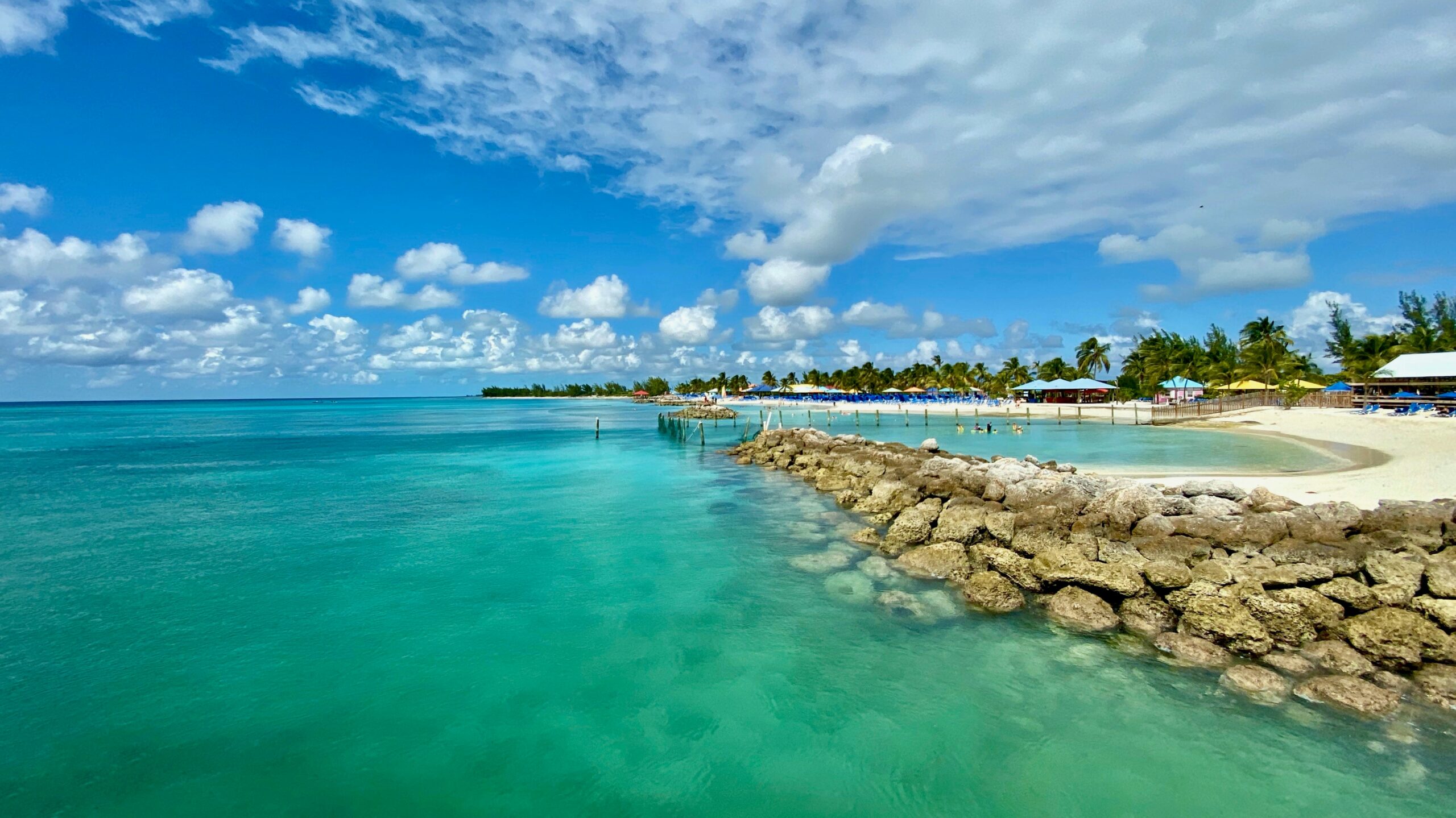Overview
The Bahamas, a picturesque archipelago of 700 islands and cays, is not just a tropical haven for vacationers but also a thriving investment destination. Boasting a strategic location at the crossroads of the Americas, a stable political environment, and a robust financial services sector, The Bahamas presents lucrative opportunities for foreign direct investments (FDIs). From luxury real estate developments to tourism, banking, and renewable energy, the islands are an attractive proposition for international investors who are seeking growth, stability, and portfolio diversification, however, the process of investing in The Bahamas is not without its intricacies. Navigating the legal and regulatory framework is essential to ensure a seamless transition into this dynamic market.
This article explores the critical elements of foreign direct investments in The Bahamas and highlights the legal assistance required to successfully establish and manage investments.
Why The Bahamas is a Prime Destination for FDIs

Strategic Geographic Location
Situated just 50 miles southeast of Florida, The Bahamas enjoys proximity to major North and South American markets. This strategic location makes it a gateway for international trade and business.
Political and Economic Stability
As a parliamentary democracy with an independent judiciary, The Bahamas offers a stable political environment that fosters investor confidence. The Bahamian dollar is pegged to the US dollar at a 1:1 ratio, ensuring currency stability and simplifying financial transactions.
Tax Advantages
One of the most attractive features for foreign investors is The Bahamas’ favorable tax regime.
Developed Financial Services Sector
The Bahamas is a leading financial center with a robust banking and financial services industry. Investors can access a range of services, including wealth management, estate planning, and corporate structuring.
Thriving Industries
Key investment opportunities include tourism (which accounts for 50% of GDP), real estate development, agriculture, renewable energy, and financial services.
Legal Considerations for FDIs in The Bahamas

While The Bahamas welcomes foreign investors, several legal considerations must be addressed to ensure compliance with local regulations and avoid potential pitfalls.
Regulatory Framework
Foreign investments in The Bahamas are governed by several laws and regulations, including:
- The Bahamas Investment Incentives Act:
Offers incentives for foreign investors, such as duty exemptions and tax relief, particularly in industries like tourism, manufacturing, and agriculture. - Real Property Tax Act:
Governs property taxes, which are applicable to anyone who owns land in The Bahamas including foreign-owned properties.
Permits and Approvals
Depending on the nature of the investment, international investors may need approvals from specific regulatory bodies. For instance:
- The Bahamas Investment Authority (BIA): The BIA is a one-stop agency that facilitates FDI by providing information, approvals, and guidance for investors.
- The Central Bank of The Bahamas: Approval from the Central Bank is required for foreign currency transactions, including the repatriation of profits and capital.
- Environmental Approvals: Investments in industries like real estate development and tourism may require environmental impact assessments and permits.
Property Ownership
Foreigners can own property in The Bahamas, but there are specific guidelines to follow:
- Permits for Land Acquisition: Under the International Persons Landholding Act (as amended) foreign investors must obtain a permit if acquiring property in The Bahamas
-
Property Registration:All property transactions must be recorded with the Registrar General’s Department to show ownership.
Corporate Structuring
Establishing a business entity requires adherence to Bahamian corporate law. Common structures include:
-
International Business Companies (IBCs): Popular for their simplicity, IBCs can engage in international trade and investment activities while enjoying tax exemptions.
-
Limited Liability Companies (LLCs): Suitable for joint ventures and partnerships.
The Role of Legal Assistance in FDIs
The complexities of investing in The Bahamas necessitate the involvement of experienced legal counsel. Lawyers play a crucial role in safeguarding the interests of foreign investors by ensuring compliance and providing strategic advice.
Due Diligence
Legal professionals conduct thorough due diligence to verify the authenticity of investment opportunities. For real estate investments, this includes title searches, zoning compliance, and reviewing land use restrictions.
Contract Negotiation and Drafting
Whether entering into joint ventures, leasing agreements, or construction contracts, legal counsel ensures that all agreements are fair, enforceable, and protect the investor’s interests.
Navigating Regulatory Approvals
Lawyers assist in preparing and submitting applications to the BIA, Central Bank, and other regulatory bodies, ensuring that all legal requirements are met.
Corporate Formation and Structuring
Legal experts guide investors through the incorporation process, ensuring that the chosen structure aligns with their business objectives and complies with local laws.
Dispute Resolution
In the event of disputes, legal professionals provide representation in arbitration, mediation, or court proceedings, minimizing risks to the investment.
Steps to Invest in The Bahamas: A Legal Roadmap

Identify Investment Opportunities
Engage with and conduct feasibility studies with the assistance of legal and financial advisors.
Choose the Right Legal Structure
Decide whether to operate as an IBC, LLC, or local company based on the investment’s scope and objectives.
Secure Permits and Approvals
Obtain necessary permits from the relevant authorities. Legal counsel can expedite this process by ensuring compliance with submission requirements.
Conduct Due Diligence
Work with legal and financial advisors to perform detailed due diligence, particularly for property and infrastructure investments.
Negotiate and Finalize Agreements
Draft and review contracts with the help of legal experts to protect your interests and ensure enforceability.
Register and Comply
Register your investment or property with the appropriate authorities and adhere to ongoing compliance requirements.
Key Challenges and How Legal Assistance Mitigates Risks

While The Bahamas is an attractive investment destination, challenges such as navigating bureaucratic processes, understanding local laws, and managing cultural nuances may arise. Legal professionals mitigate these risks by:
-
-
Offering tailored advice on tax optimization and regulatory compliance.
-
Ensuring transparency in transactions to avoid fraud or legal disputes.
-
Providing local insights to navigate cultural and business practices effectively.
-
Conclusion
Foreign direct investment in The Bahamas offers unparalleled opportunities for international investors seeking growth and diversification in a stable and tax-friendly environment. However, the path to successful investment requires careful planning, due diligence, and expert legal guidance.
By partnering with experienced legal professionals, investors can confidently navigate the regulatory landscape, protect their assets, and capitalize on the myriad opportunities The Bahamas has to offer. Whether you’re eyeing luxury real estate, tourism ventures, or renewable energy projects, a well-informed approach will set the foundation for a thriving investment in this Caribbean paradise.
For investors, The Bahamas is not just a destination—it’s a gateway to enduring growth and prosperity. With the right legal assistance, the dream of investing in this tropical haven can become a reality.
We’re here to be your trusted legal partner. Have questions or a topic you’d like us to cover? Don’t hesitate to reach out or share your thoughts.
Need personalized legal guidance? Book your free 30-minute consultation now.


